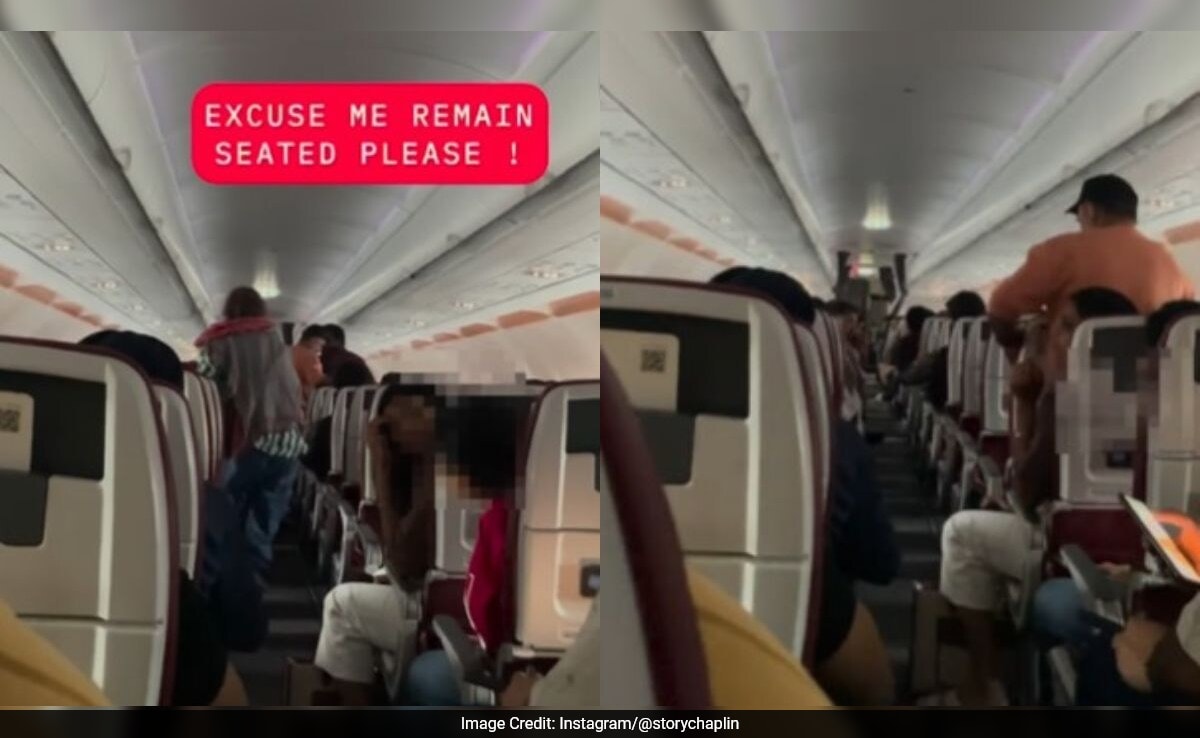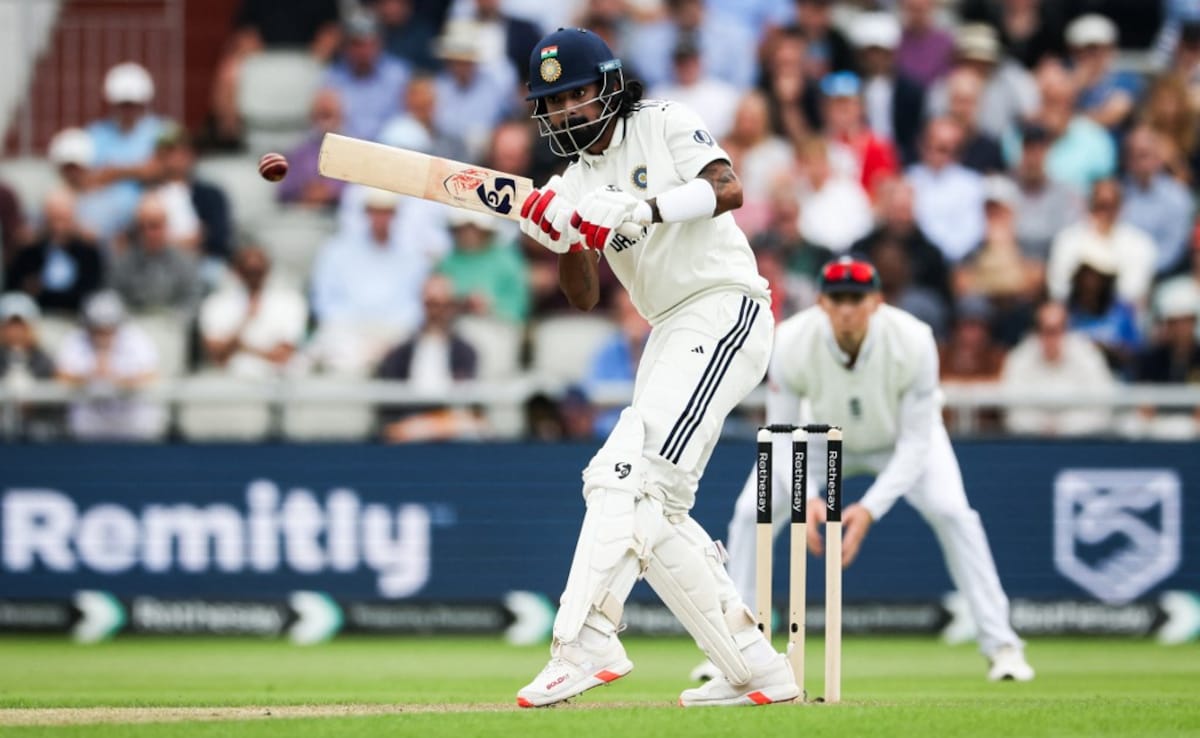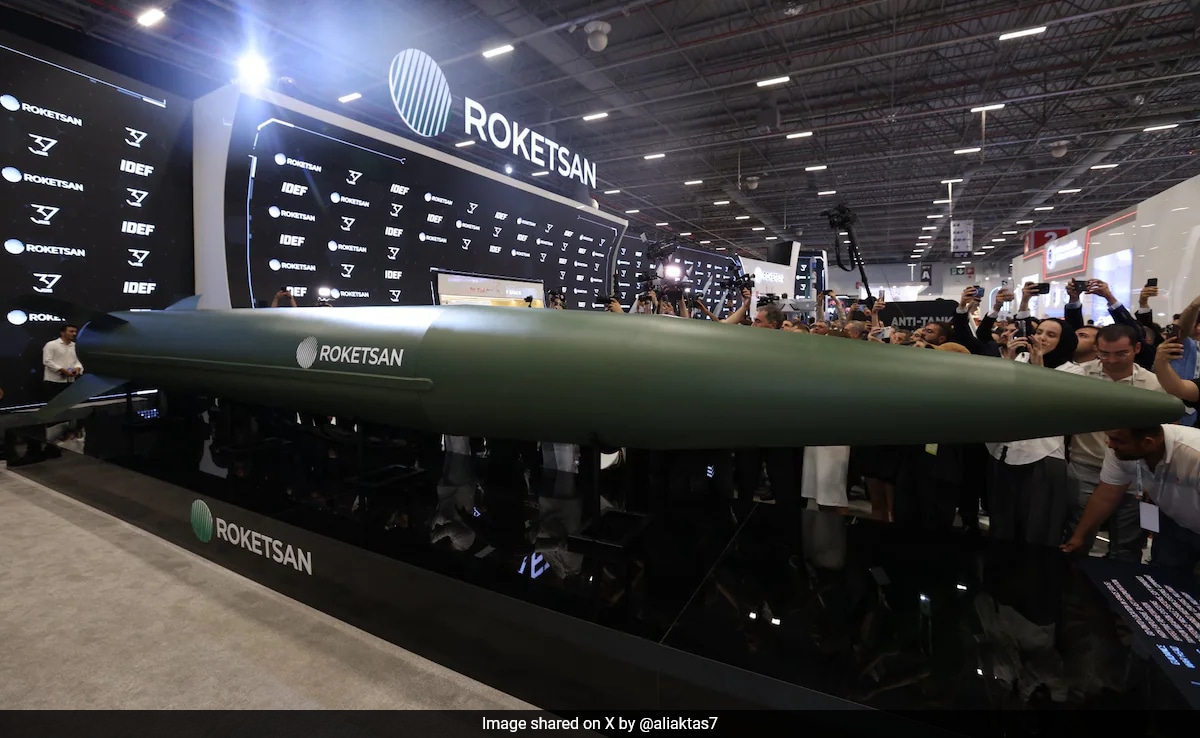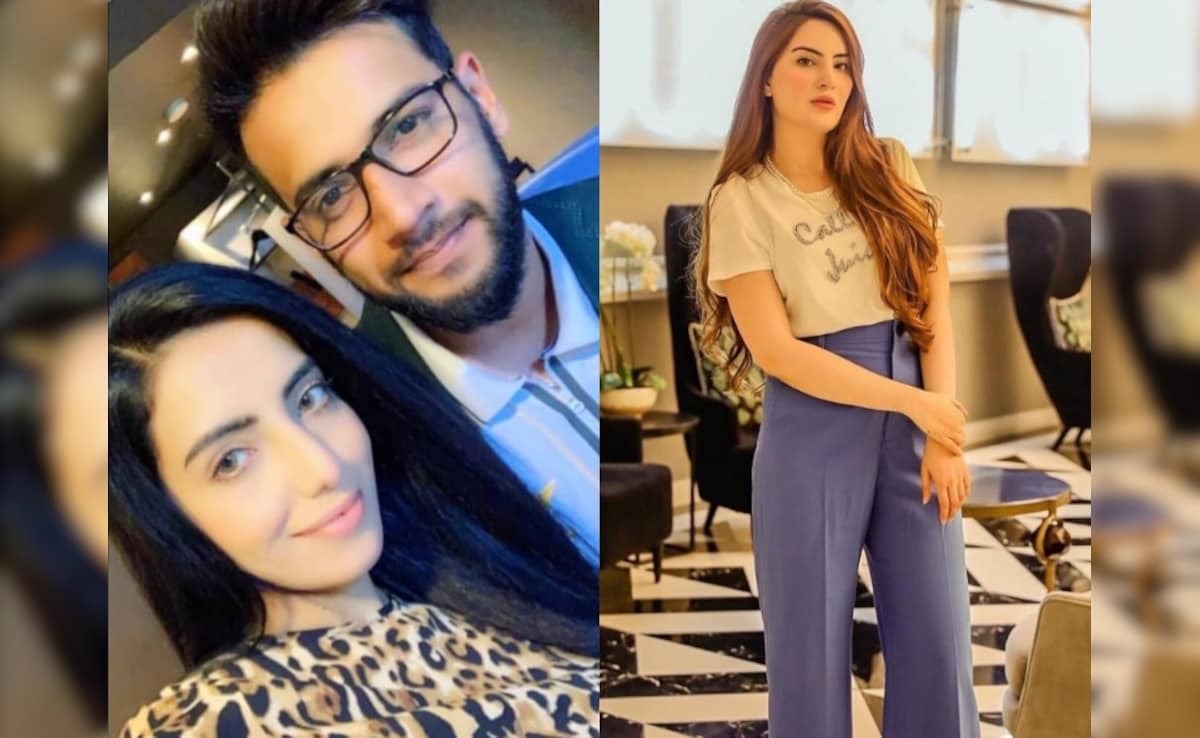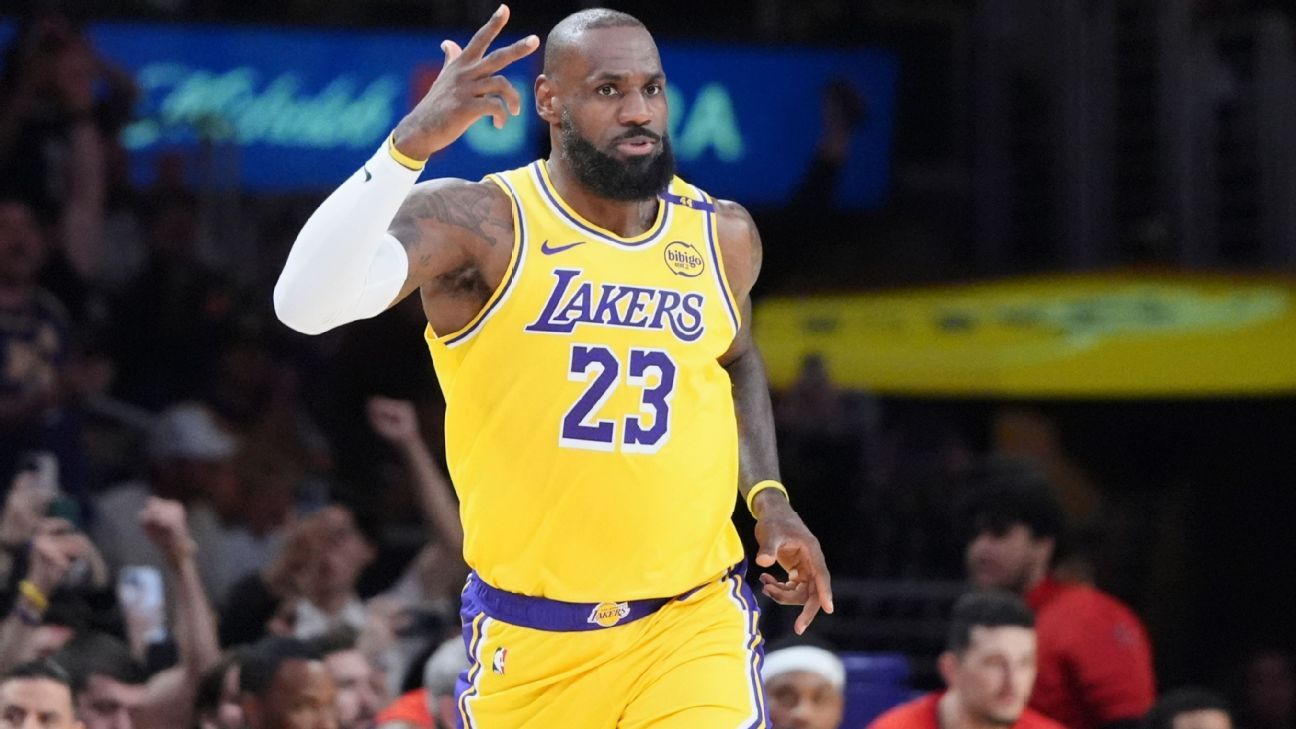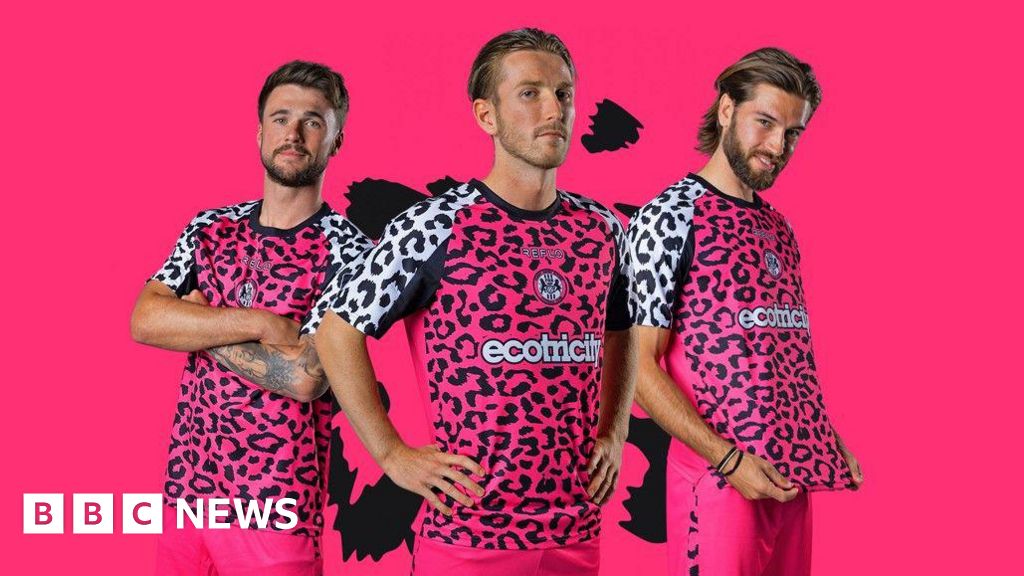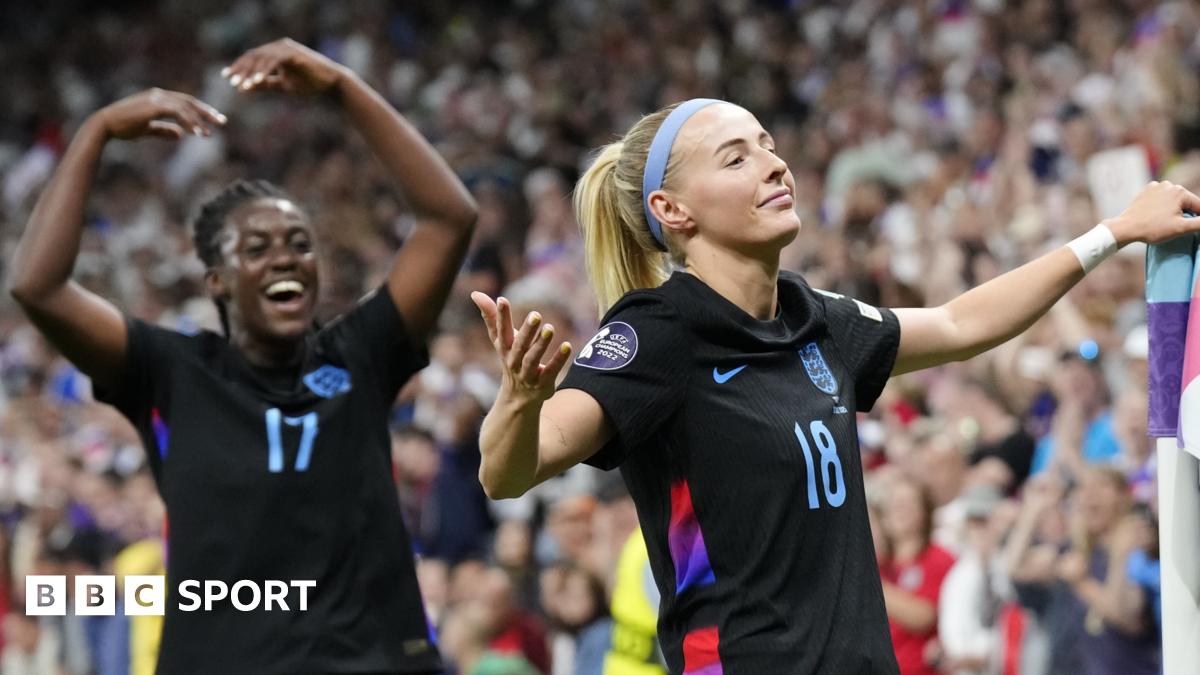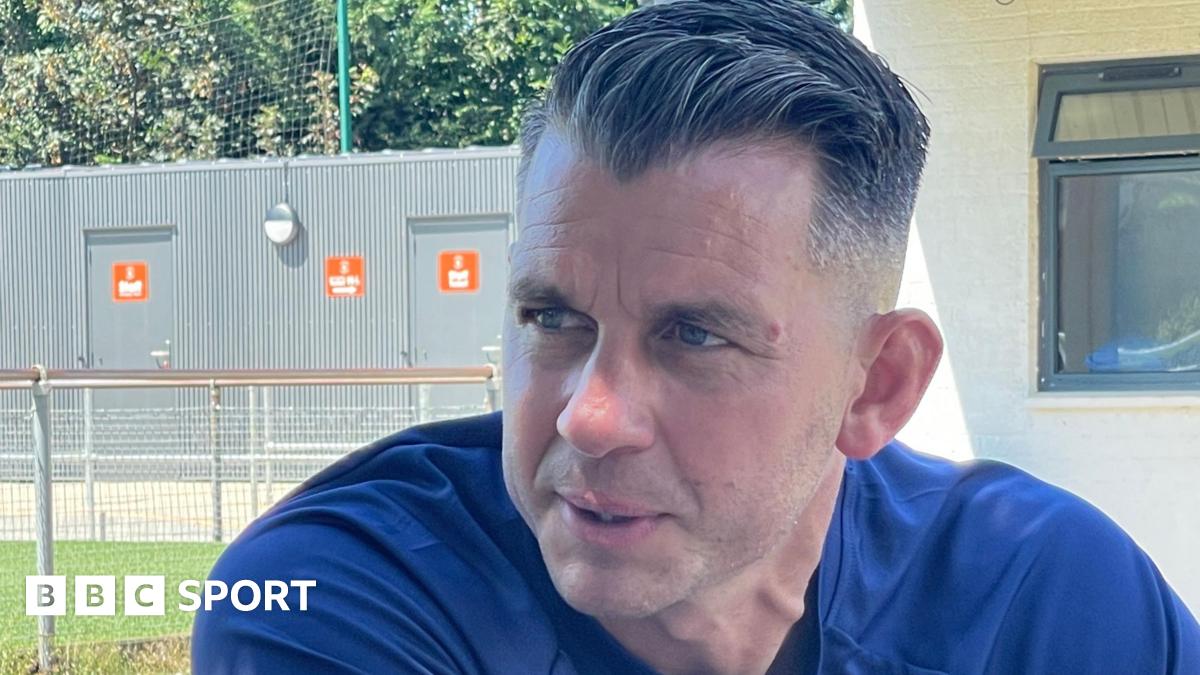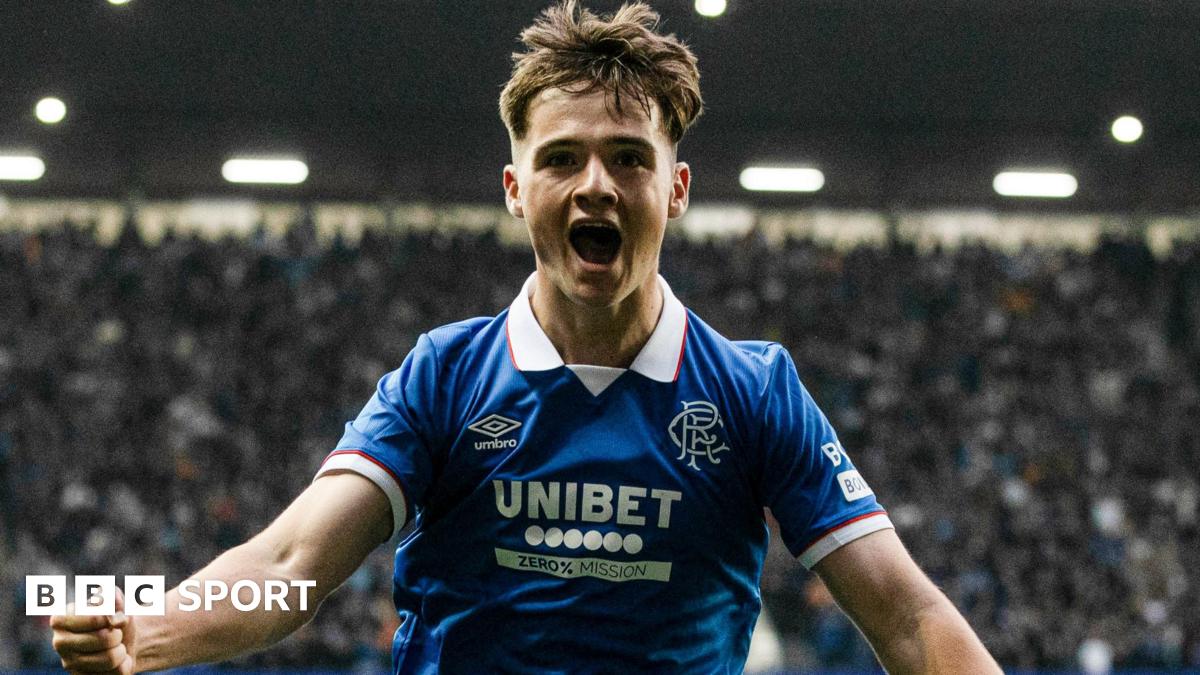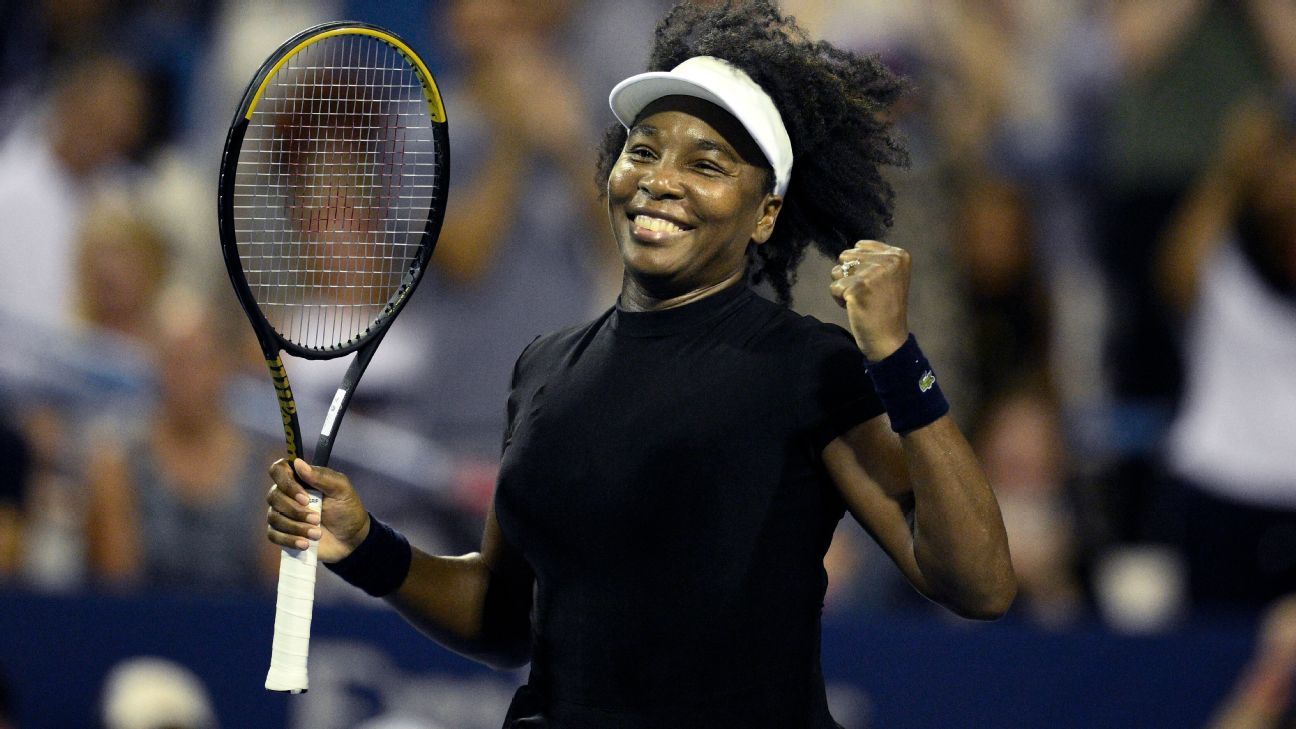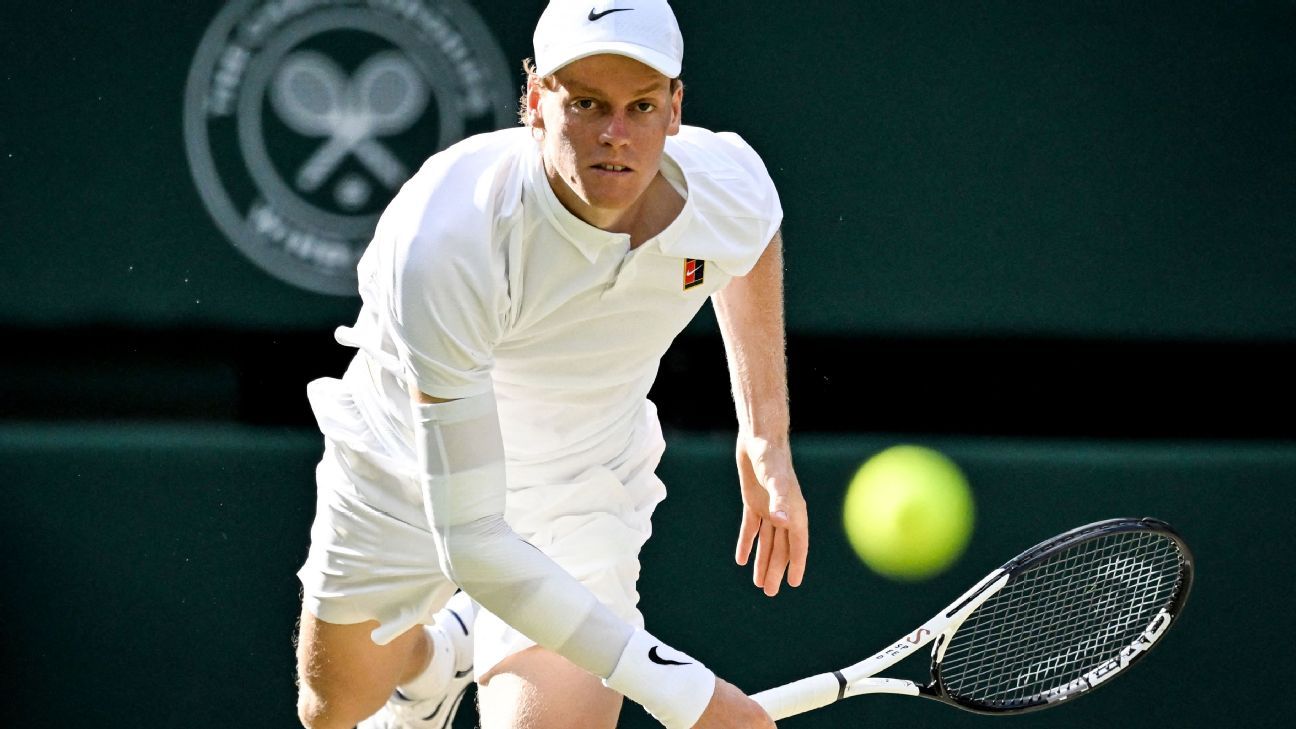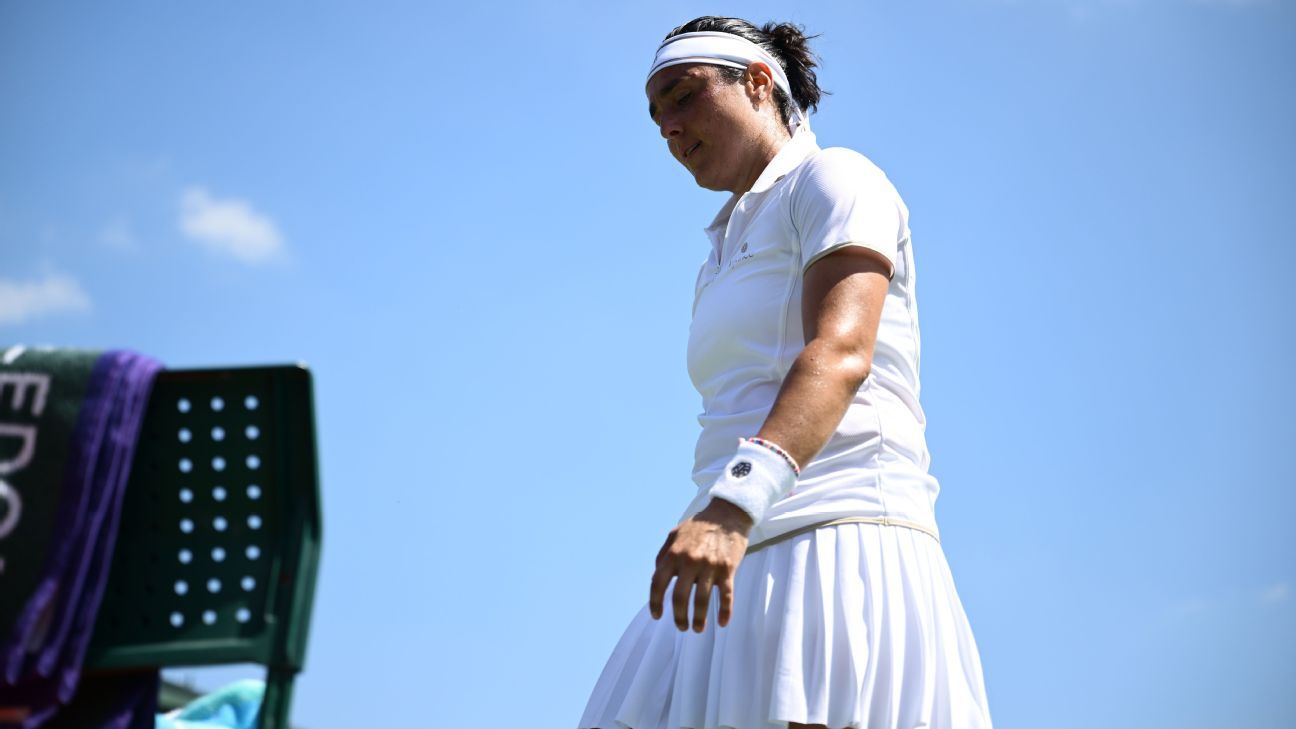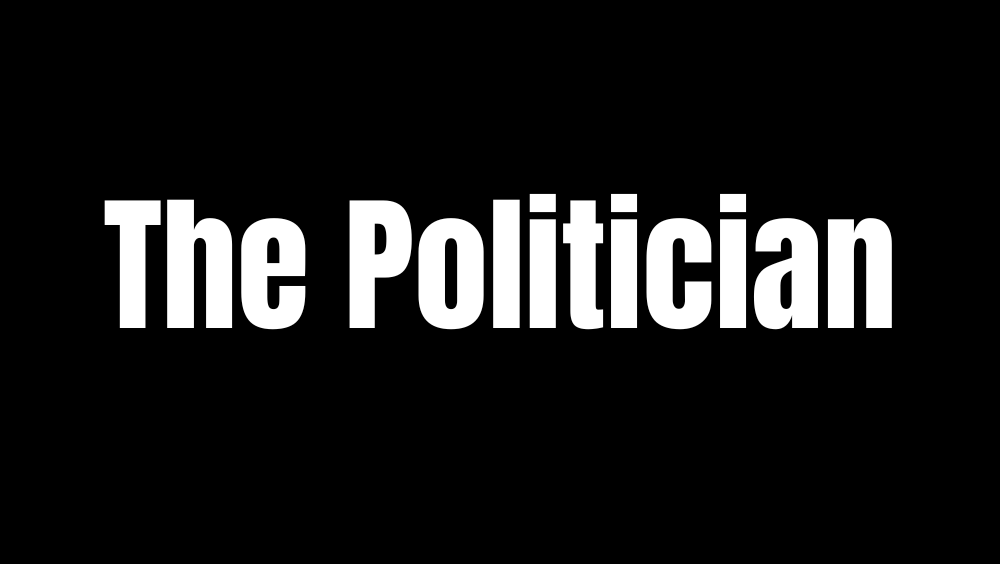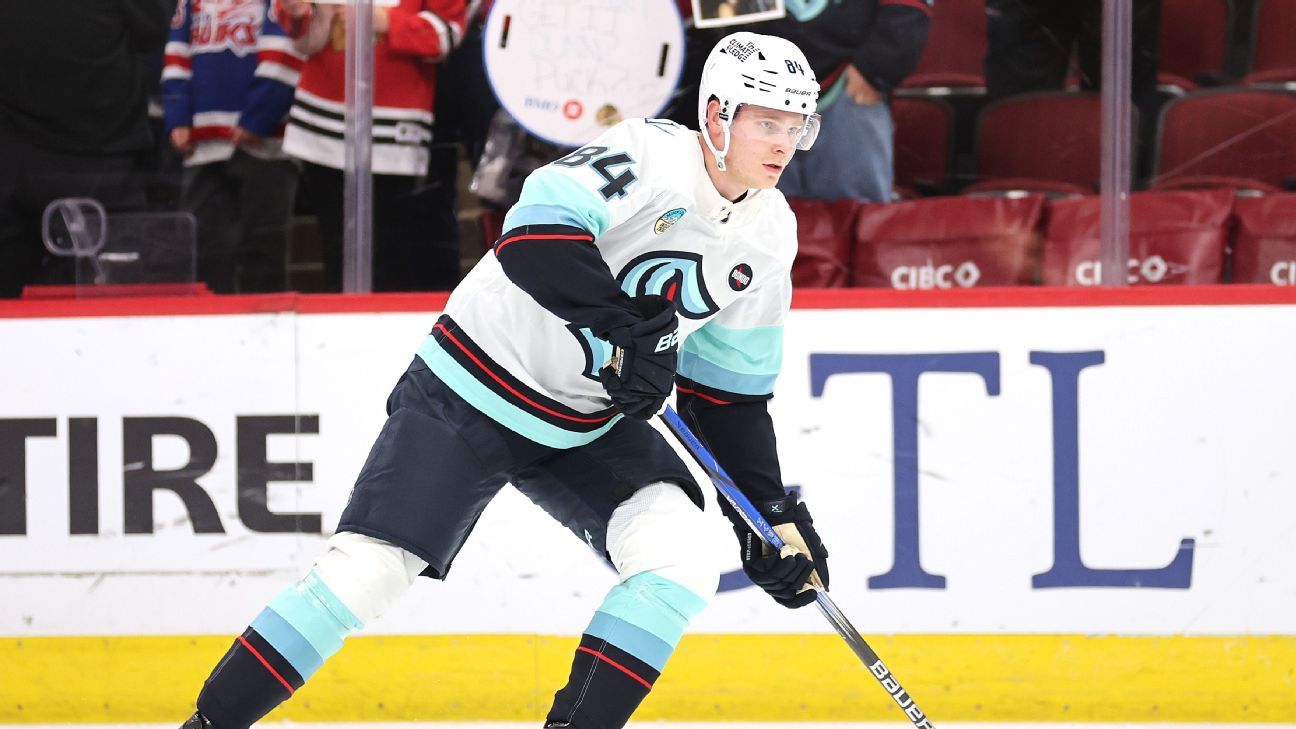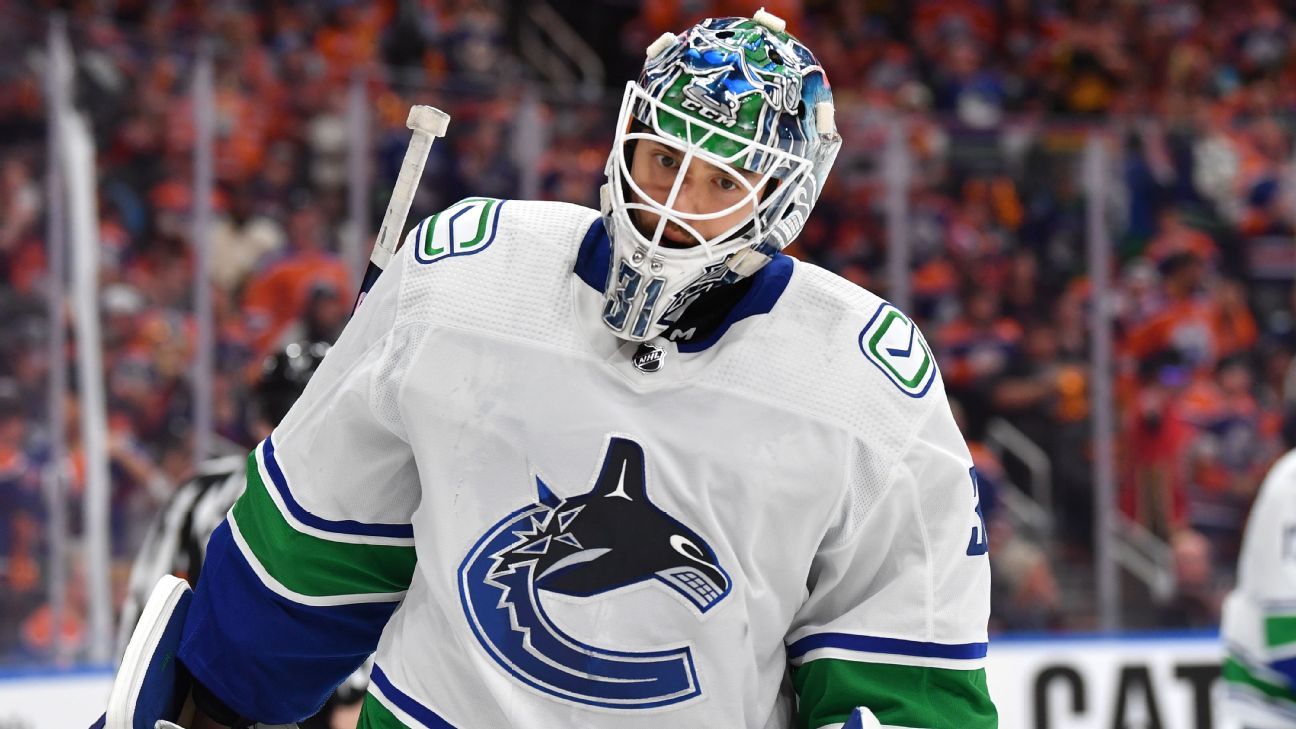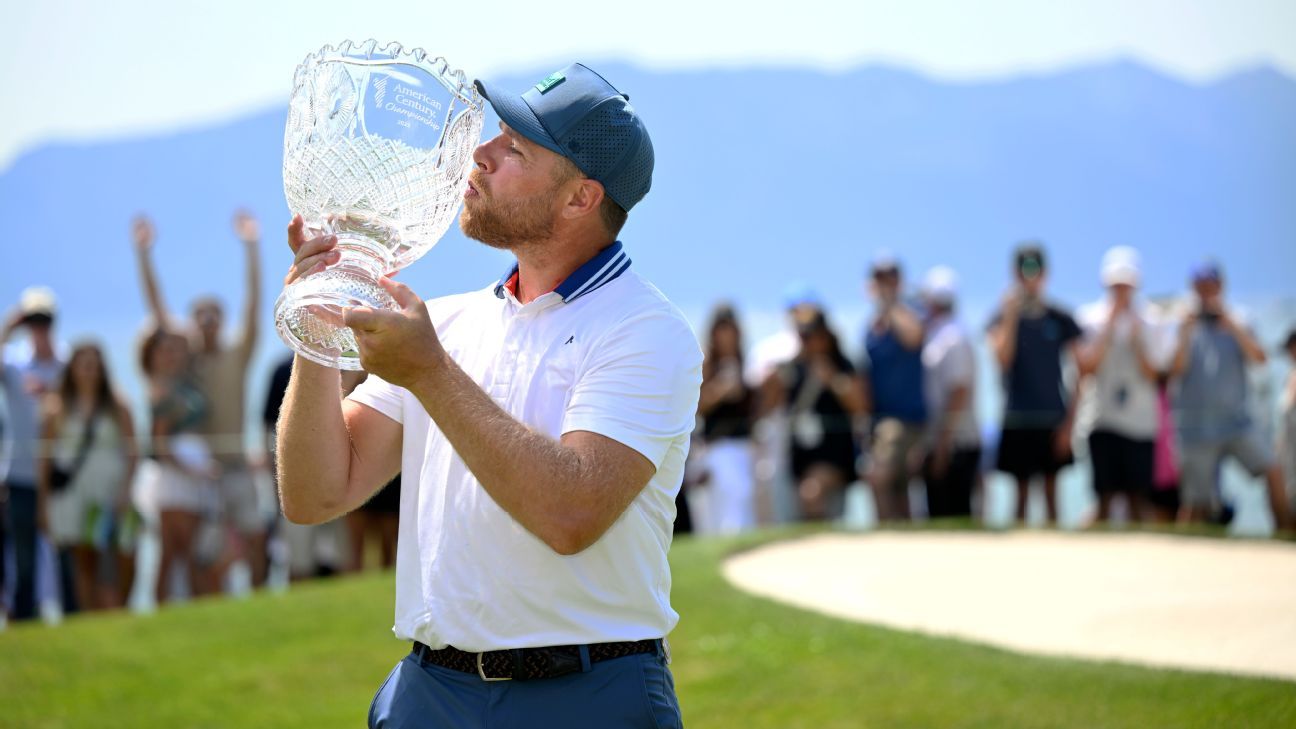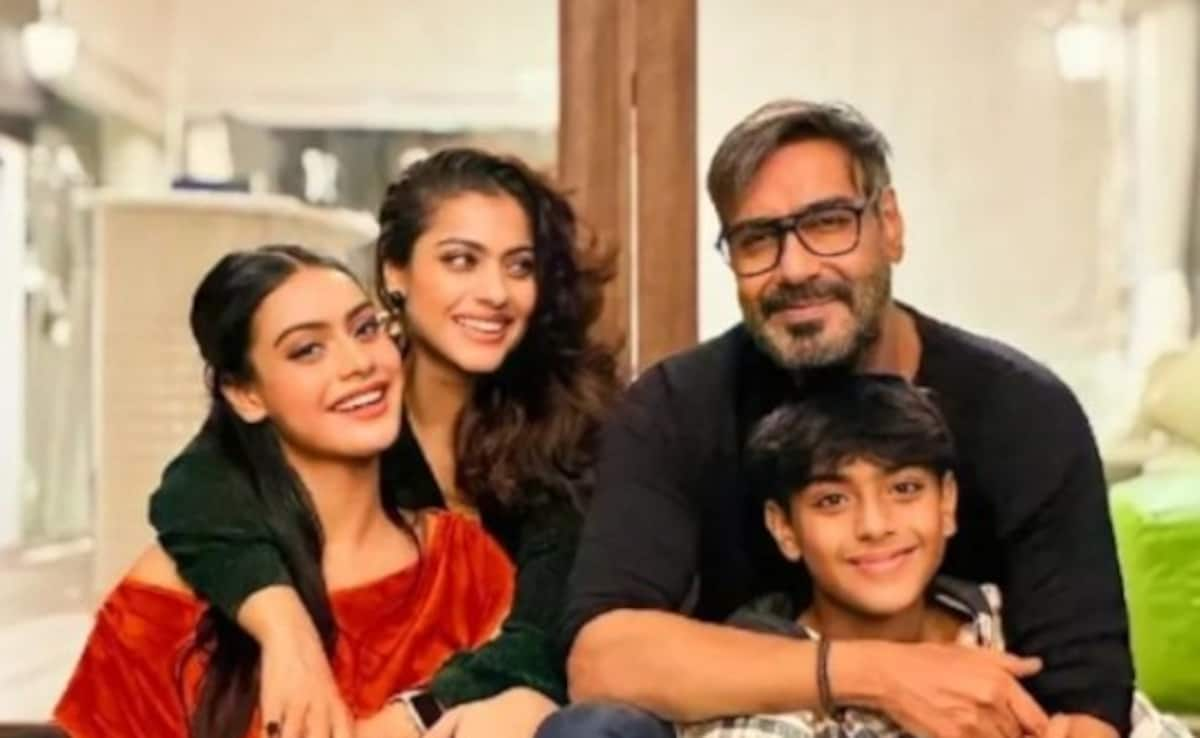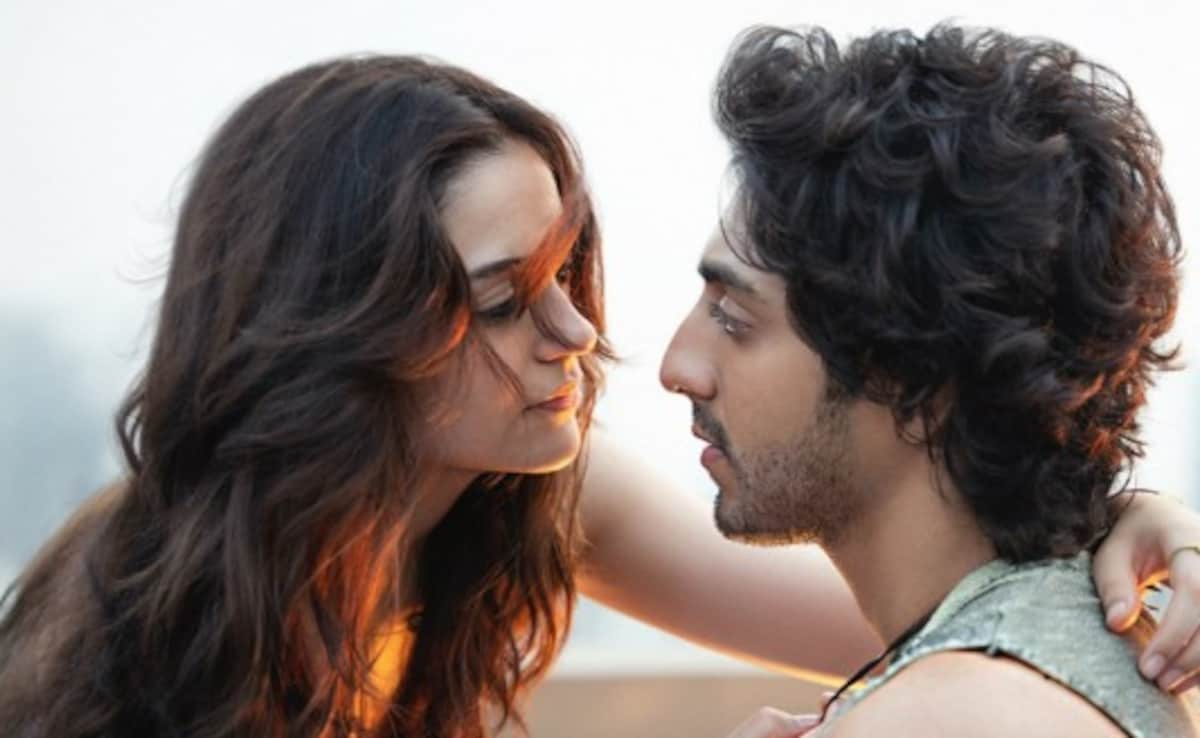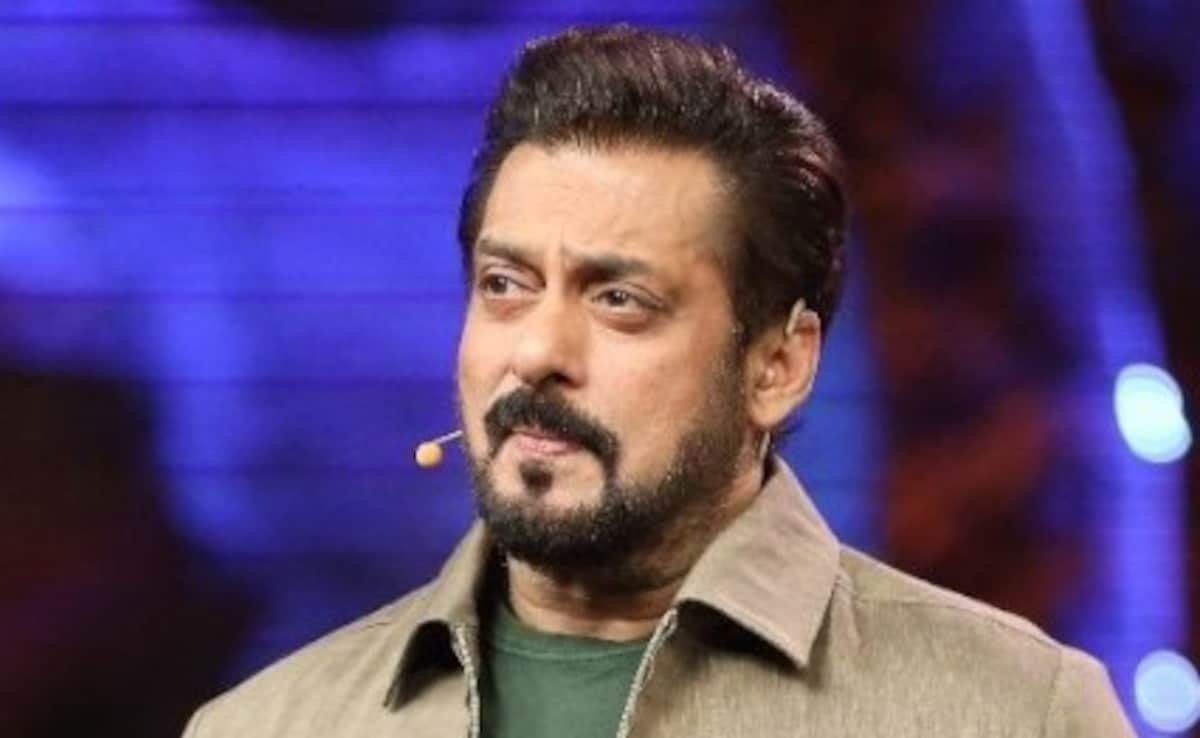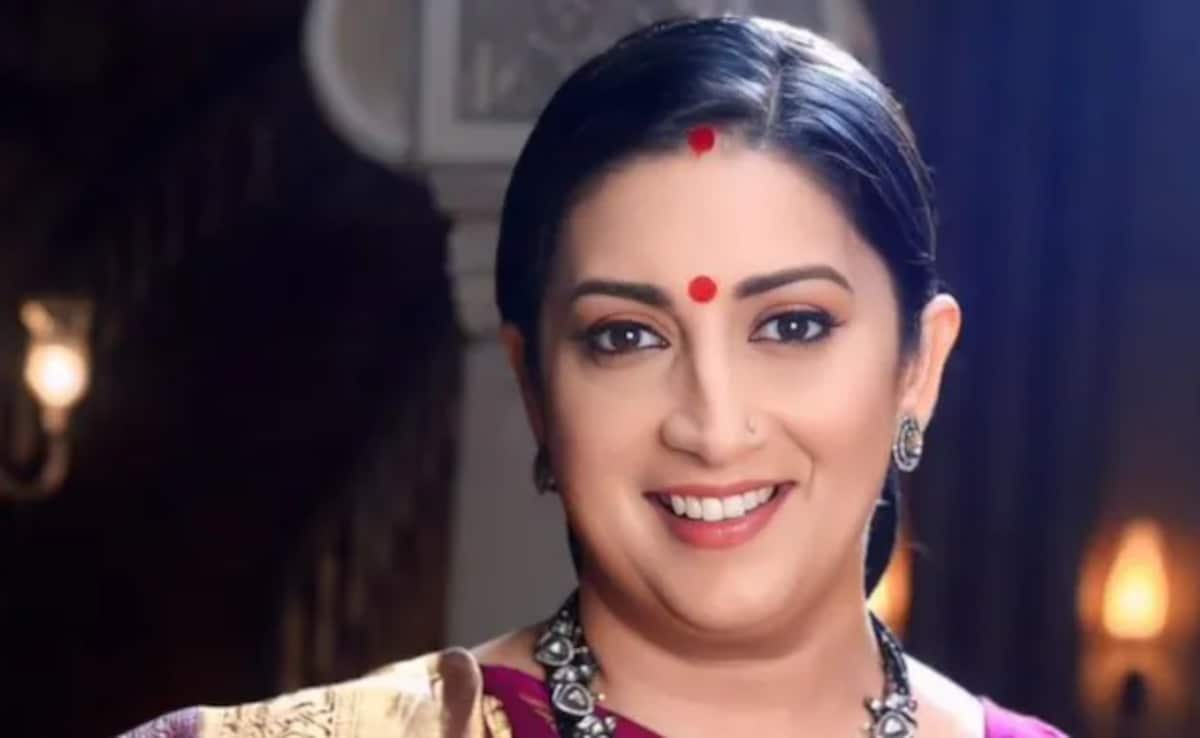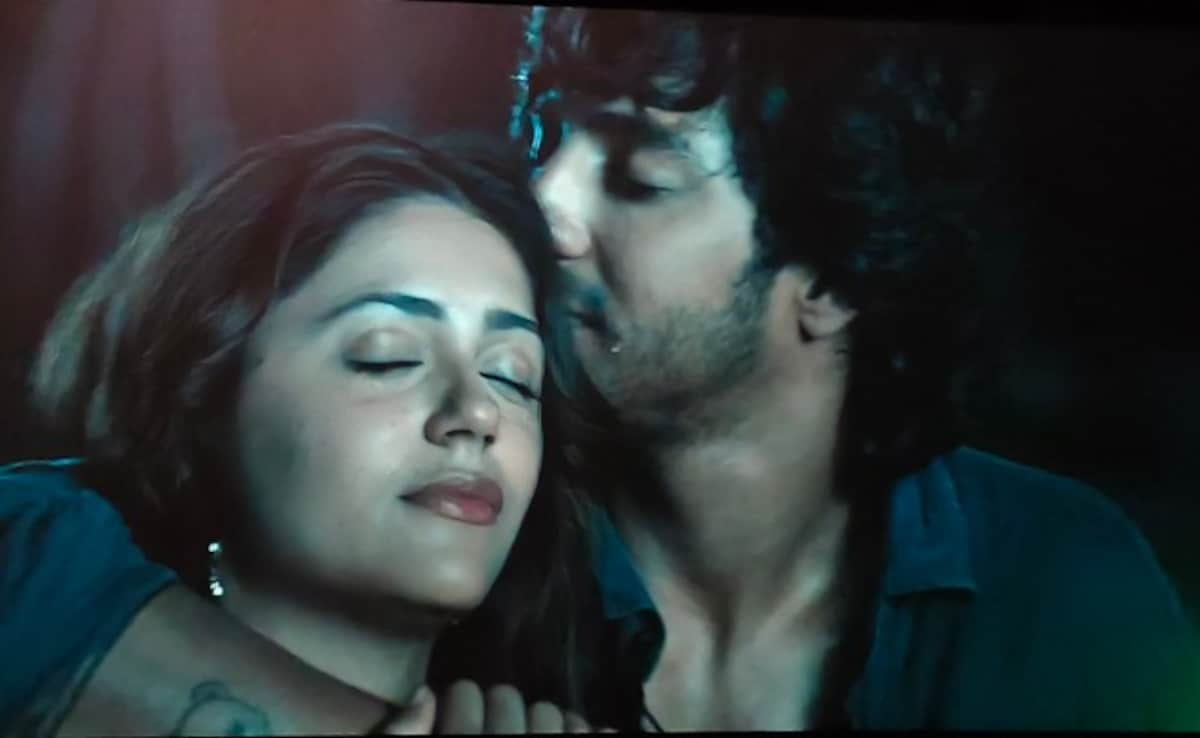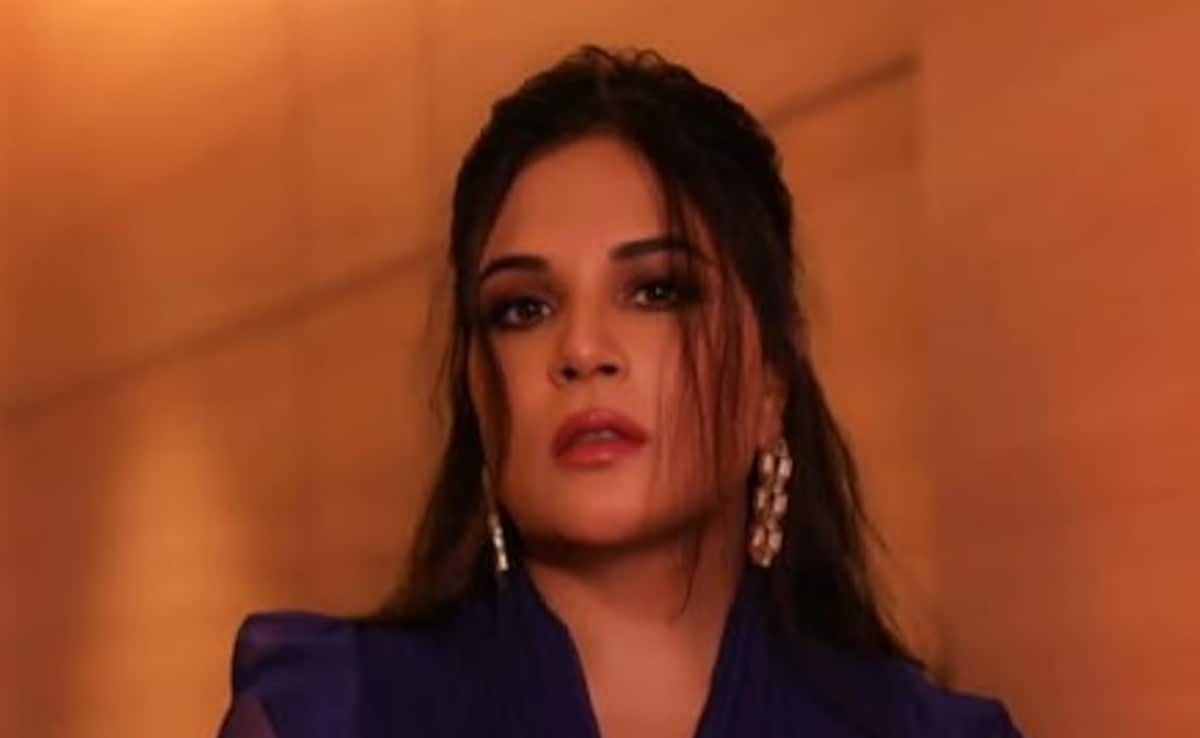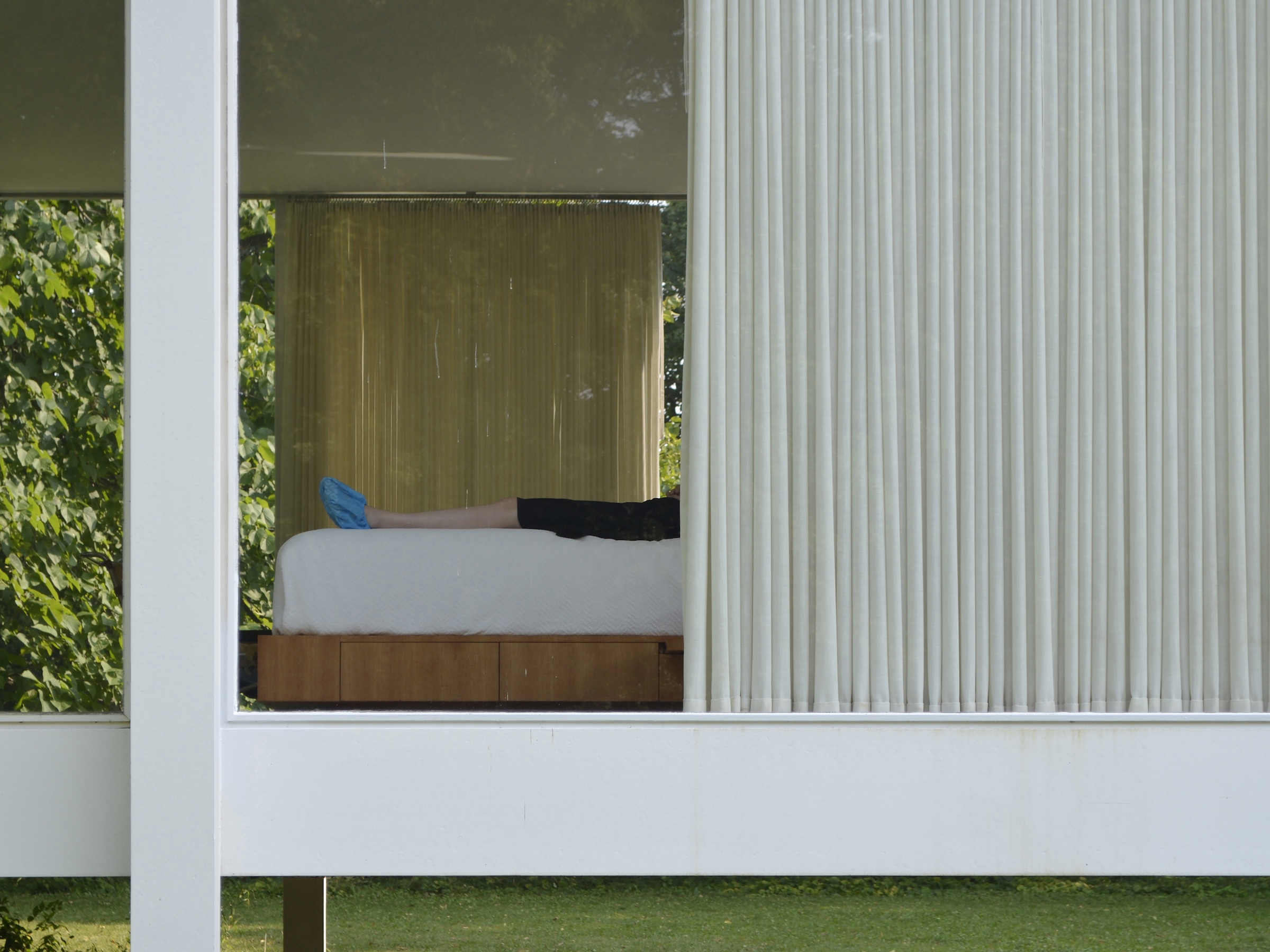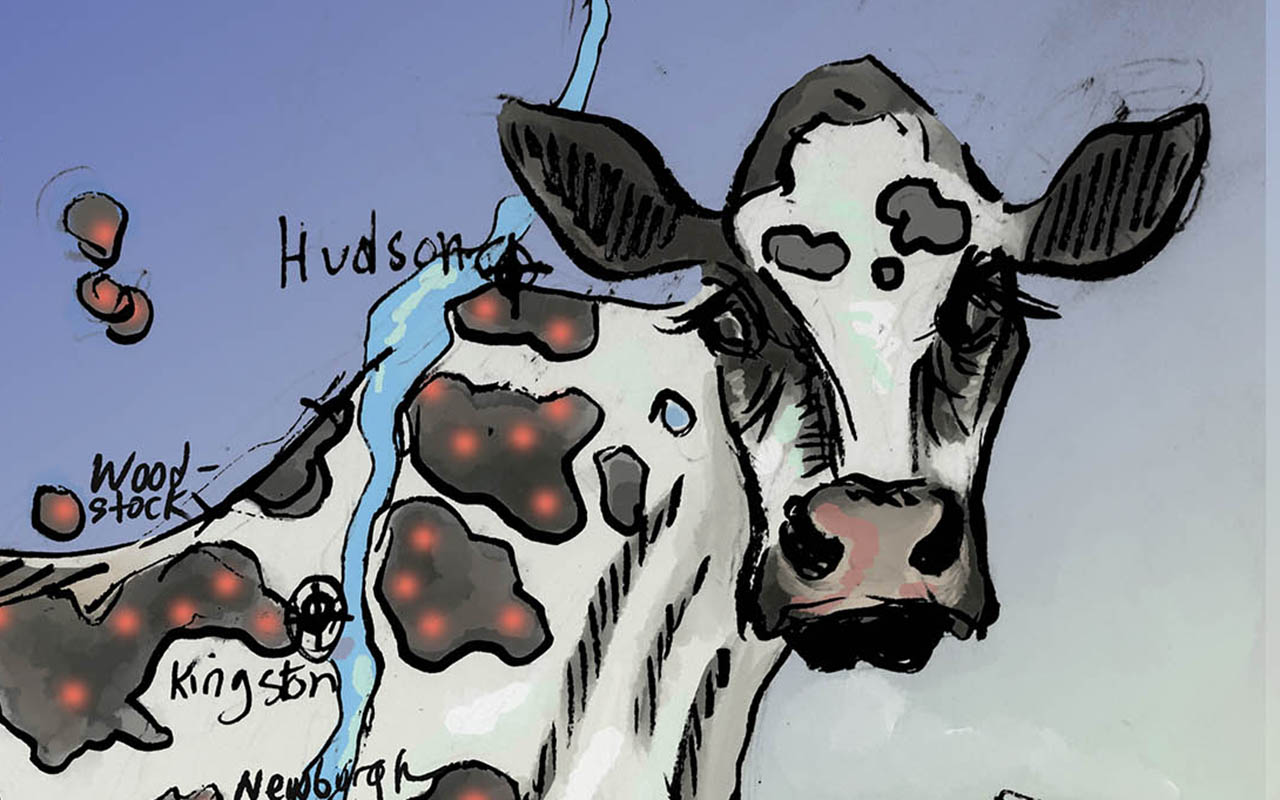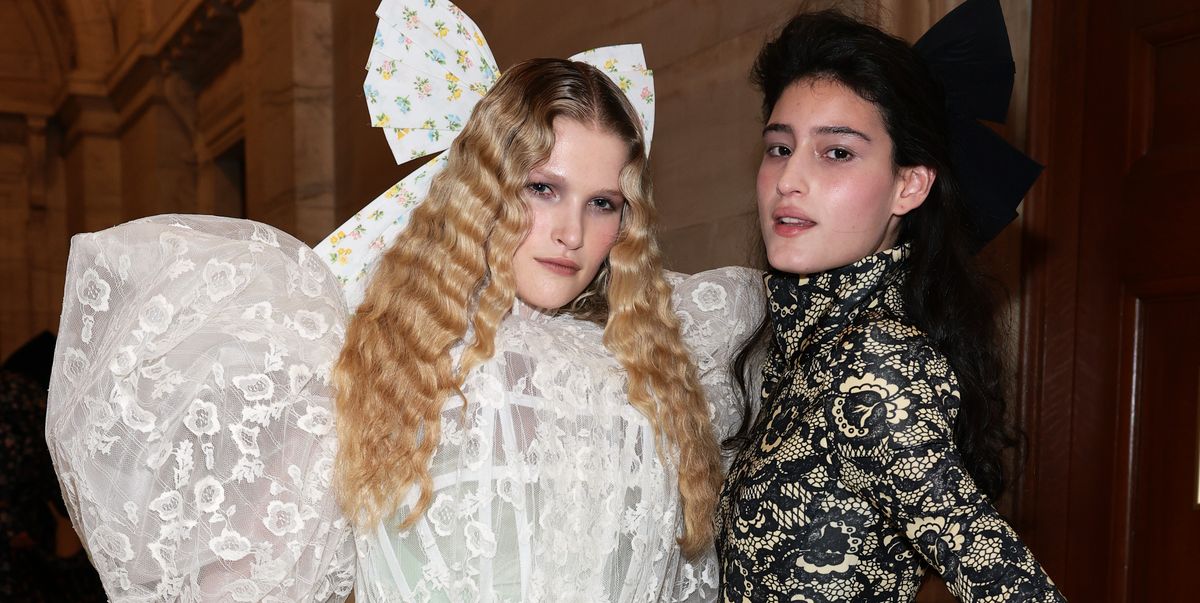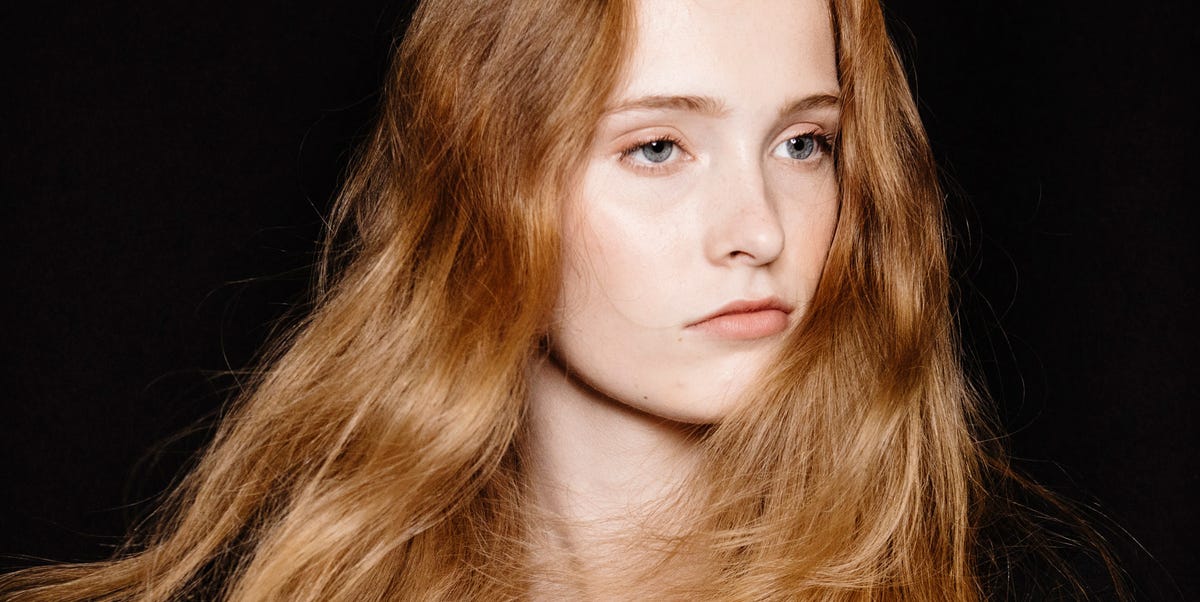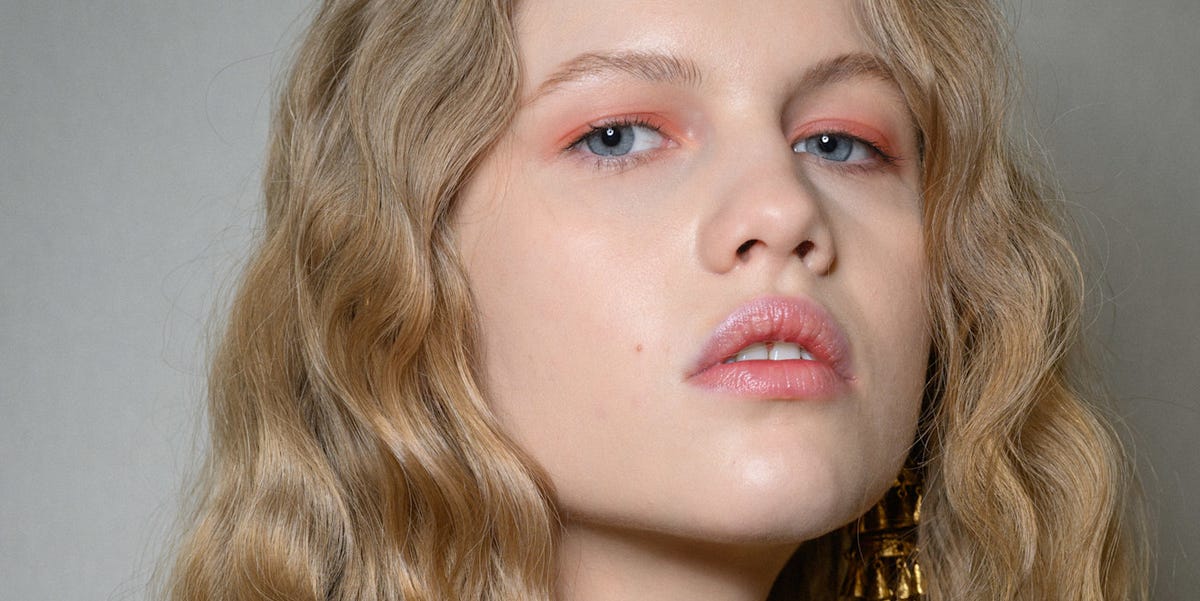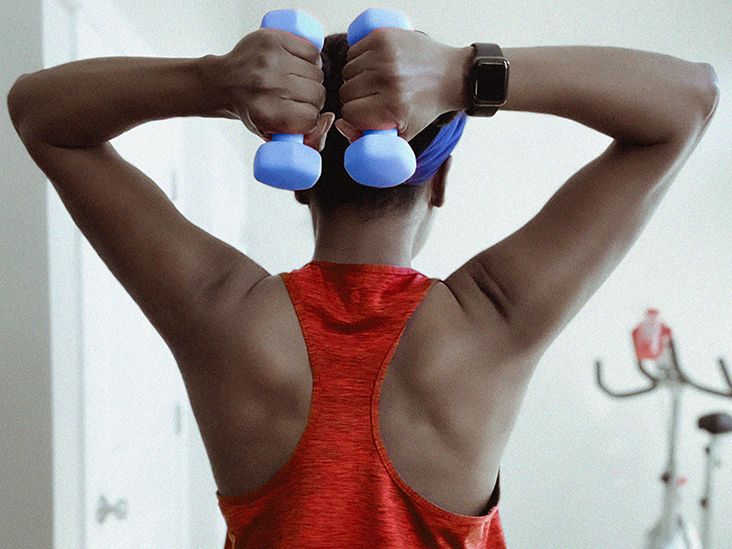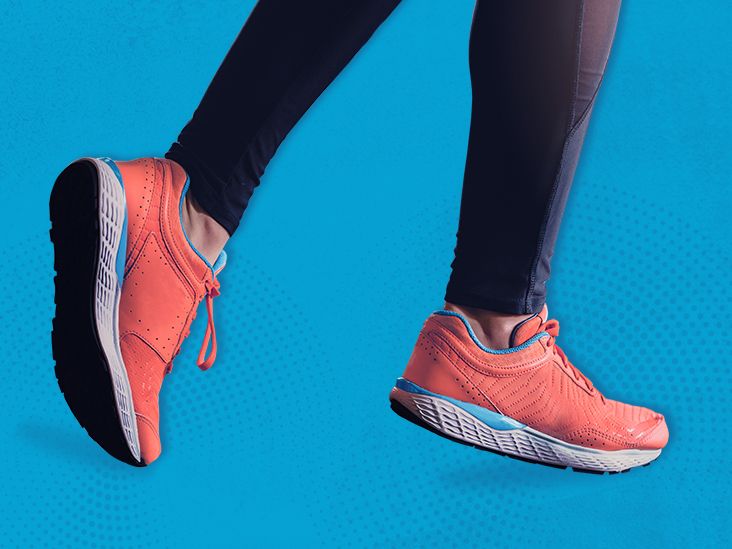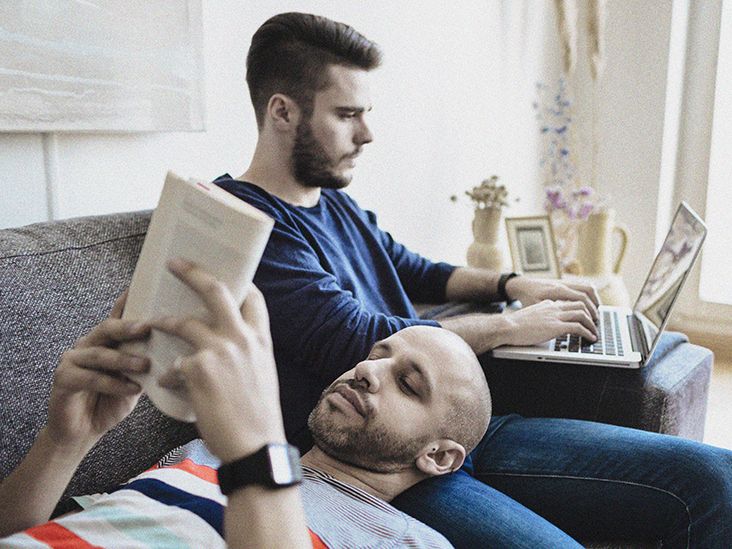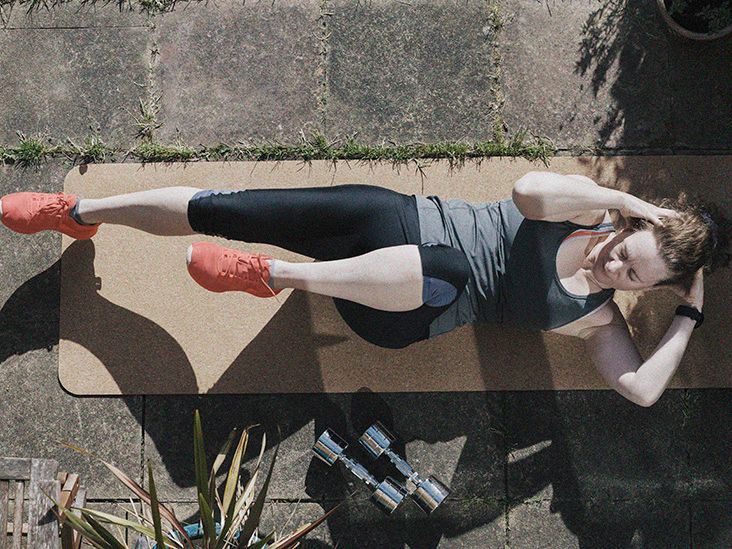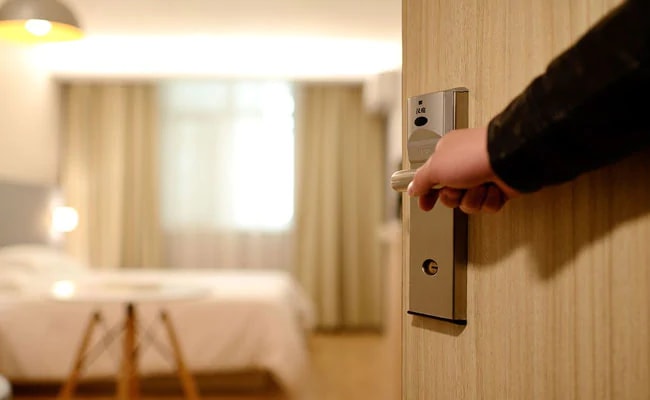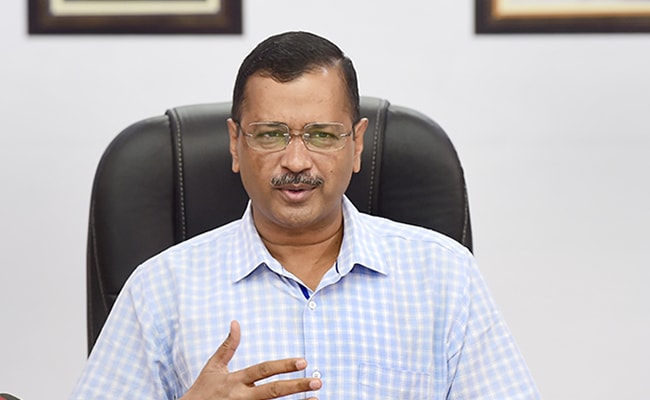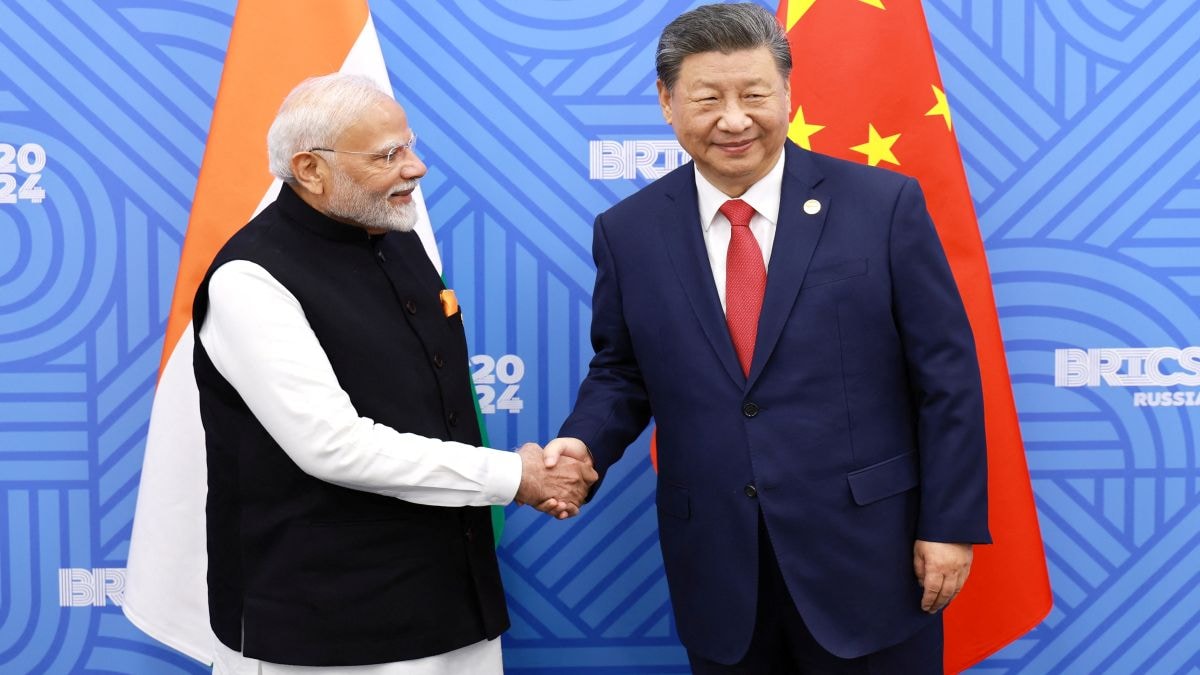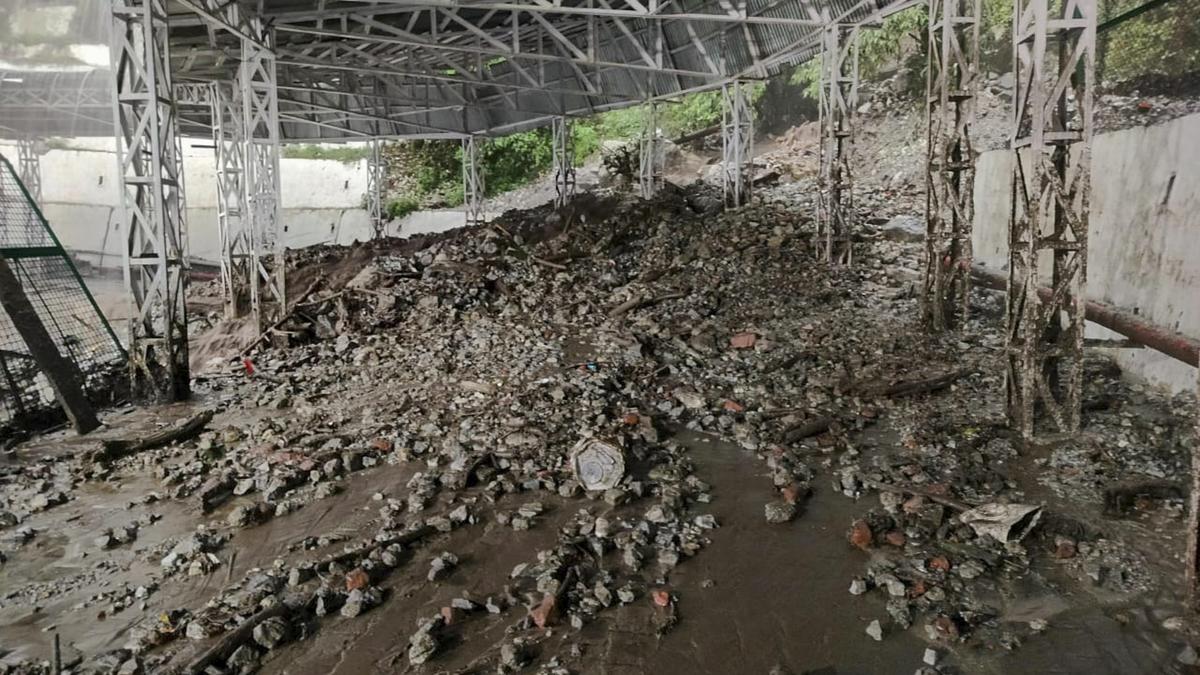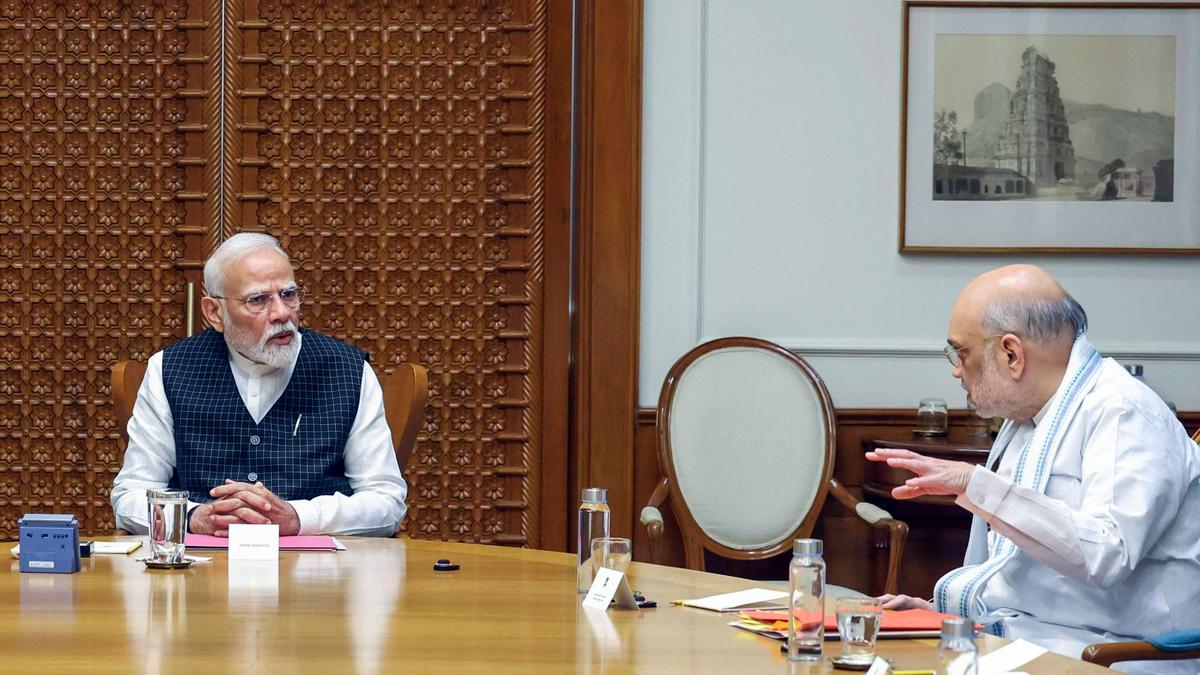‘A Better World Is Possible’: The Tribal Statement Behind D.C.’s Busboys and Poets
In 2013, when I was 21 years old, I traveled with my Model African Union team from the University of Houston to Howard University in Washington, D.C. Trayvon Martin’s murder the year before had a sweeping impact on me and my classmates — all of us ignited with a charge to have an expert-level understanding […]


In 2013, when I was 21 years old, I traveled with my Model African Union team from the University of Houston to Howard University in Washington, D.C. Trayvon Martin’s murder the year before had a sweeping impact on me and my classmates — all of us ignited with a charge to have an expert-level understanding of our Black history, and the tools to make the world a better place once we graduated. We discussed these issues with our professor at Busboys and Poets, known as the intellectual hub of D.C.’s Black, immigrant, and progressive community. At the time, this was the spot to be in D.C., according to my professor, and to the coolest and most elite of the progressive “Chocolate City.” Being in that space made us feel like we were Texas’s coolest college students. The walls of vivid, colorful artwork enchanted us. Bookshelves filled with works from Toni Morrison, James Baldwin, and Zora Neale Hurston grounded us. And the conversations we had over shrimp and chicken chorizo pasta (to this day, still my favorite thing on their menu) nourished us as we became more and more inspired about the lives that potentially lay ahead of us.
Iraqi American immigrant Andy Shallal opened Busboys and Poets in 2005. Since then, the restaurant-bookstore-community space has led with progressive ideals first, and has been patronized by politicians, musicians, and college students; it’s hosted the likes of Angela Davis, Harry Belafonte, Alice Walker, and Howard Zinn. But Busboys’ tenure thus far hasn’t gone without challenges: As a business centered around Black culture and activist ideals owned by a non-Black man, it’s been the center of contention and has endured internal and external changes. But the mission and values of Busboys remain ever present, and thus far, its reputation within a conscientious group of diners continues. I recently spoke to Shallal about opening the business amid the United States invasion of Iraq, operating a space anchored by Black history as an Iraqi American, and the importance of combining food and activism in the restaurant space.


Eater: Why open a restaurant that’s also a bookstore and a place for community engagement?
Andy Shallal: I always imagined a place like this, and I wanted to create a place that I didn’t find elsewhere in the Washington Metropolitan Area. Restaurants in particular and gathering places like this are perfect for the type of conversations that we need as a society to bring people together.
People ask us this a lot, so I wrote about my experience of being in the country in my memoir, A Seat at the Table: The Making of Busboys and Poets. It talks about my upbringing in this country, the way that I was exposed to politics, to race, to different parts of the restaurant business, and the decision to bring all of those elements into one place.
This is clearly a space rooted in African American ideals, activism, and intellectualism. Was there any particular part of your upbringing or childhood that made you particularly invested in the Black American experience?
It was more about how race plays out in every part of life in this country, and I experienced that because of the way I looked: different. I wasn’t white; I was mistaken for Black many times in many spaces. I started to understand — I was almost like a fly on the wall, hearing what the other side says about the other side — and started to understand this race issue. We sometimes say it’s just a social construct, but it has huge ramifications on someone’s upbringing, and where they live, who they date, whether or not they get in trouble with the police, how much income they make, their health. Everything is really focused around this social construct that we call “race.” I was trying to understand it. How is it possible that something so constructed has so much impact on one’s life and outcomes?
It’s always been at the forefront of my social and political interactions because of my experiences coming to this country as a child and experiencing race firsthand: Being called the n-word when I didn’t know what that meant; being called terms attributed to light-skinned Black people, when I didn’t know what that meant; being, for a time, uncomfortable to associate with any particular group at the cafeteria, because I didn’t fit in with anyone. It was difficult, managing and navigating the racial undertones of this country, and I wanted to create a place for people to come into and be able to interact with one another without feeling uncomfortable.
Can you tell me about the earliest days of Busboys and Poets? What was going on in D.C.?
It was shortly after 9/11. Being an Arab and a Muslim, I felt very much like an outsider, and I really wanted to find my tribe. So I started thinking of creating a place that is welcoming to people who, historically, have been unwelcome in these types of places. And I started searching for a space in D.C.
I wanted it to be in an iconic location: The U Street Corridor, at one point called Black Broadway, was ideal. I found the place and decided to just go from there. I tried to create a place that would become a hub for activists, for people who believe a better world is possible, for people who feel that being marginalized and being a country that’s always going to war is not necessarily the way to go. I wanted to bring in the dreamers, the people who believe in a better world. I created it with a bookstore at the front; a lounge for people to interact and hang with people, a space in the back for poetry, author talks, and panel discussions; murals and artwork that represent the various types of people that make up our country, and the values we hold.
At that time, the Iraq War was in full force. When we were opening, it just happened that one of the largest anti-war marches was taking place here in D.C. I’ve been an activist most of my life, and so I was fairly known in the peace movement in this arena. We had the peace and justice movement basically hanging out here days before and after the march. And people responded positively.


Busboys and Poets isn’t a traditional restaurant. What makes this space so distinct?
There’s no minimum expense to be here; you don’t have to spend any money. You can hang out, drink water and enjoy some of the programming we have; 90 percent of it is free of charge. People come in and listen to amazing authors and talks just by showing up. I wanted to make sure the food was really good, because if you don’t have really good food, people are going to eat before they get here. It’s open to the public, and it’s open all the time.
From the beginning, I wanted to make sure that the food was accessible to as many people as possible. We have a handful of meat options, but a lot of our food is vegetarian, vegan, and plant-based. We opened in 2005 with vegan options; we were one of the first places that offered vegan and vegetarian food options in the city. There’s a full range, not only of choices of food, but choices of prices.
What was getting investment like to open the space?
When I first was getting ready to open this place, I went to different banks looking for a loan, and many turned me down: Bookstores didn’t make money. Coffee shops didn’t really make that much money. Panel discussions of anti-war activism weren’t going to make money. None of these things, in their mind, seem to make money. But bring them all together, and the synergy that creates is what I was looking for. Intuitively, I knew that would work. Finally, Industrial Bank agreed and went ahead and gave me the loan that I needed to get started.
So, you opened the flagship location on 14th and V Streets, NW, which also happens to be the first location I visited when I was a college student. What does Busboys look like now?
Once I got started and people saw how the business was, those banks that turned me down before were knocking on my door, telling me that they wanted to lend me money. So it’s funny how that works.
I was approached by developers and other people who said, “Oh, you should open a place in my neighborhood. You should open the place here.” Slowly but surely, we started opening several places – we’re up to eight so far. We have eight locations now in the D.C. area — two in Maryland and one in Virginia. But I didn’t start with the intention of opening more places.
Around 2008, the Washington City Paper used to do a Reader’s Choice [award], and they asked the readers what would be their favorite place to take an out-of-towner. They ranked Busboys and Poets over the National Mall, which I thought was fascinating. That was a really big moment, where people really did see us as a place that represented D.C.

You’re running a restaurant vocally rooted in activism during this current administration, just blocks away from the White House. How have you and your team grappled with the current and previous challenges at the restaurant?
We’ve gone through many different iterations and issues that we’ve had to face, not the least of which was, of course, COVID. With the first Trump administration and the changes in the energy of the city, this was also very challenging.
It’s the people’s business. It’s a service. During the second Trump administration, we have become that much more important for people. The fact that there is a space that is safe, that people come to and retreat from the insanity that’s around us, I think, is really one of our strengths.
Dealing with issues of Palestine, dealing with issues of what’s happening with this administration, and the DEI debacle that’s taking place, dealing with all of the anti-immigration sentiment, eliminating taxes on tipped wages, and so on: policy and other issues not only happening here locally, but also nationally. So I am aware that you know, as you grow bigger, your responsibilities get more serious, and we are getting bigger.
What do you see for the future of Busboys and Poets?
I really want to be at the forefront of progressive ideas and progressive policies. So, whether it’s making sure that immigrants are safe, making sure we source our food well, use green energy, and so on. I want us to be able to continue to do the work that we do. I think all of these things are important. Speaking up on international issues is important. We have a voice, we have a platform, and I want to make sure that it’s used judiciously in a way that’s going to really make the world a better place.
This interview has been edited and condensed for clarity.












